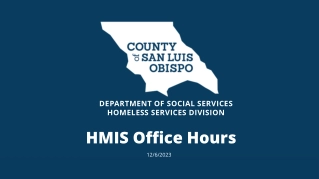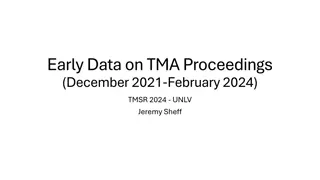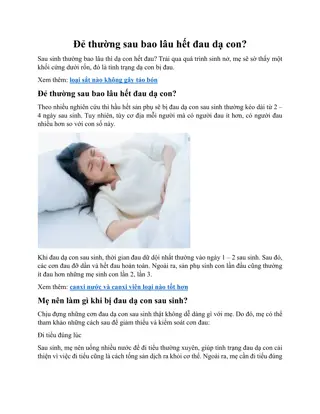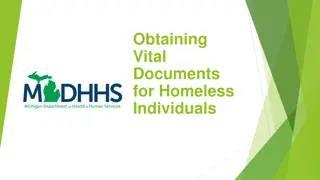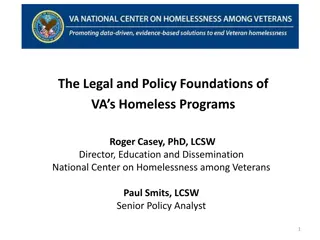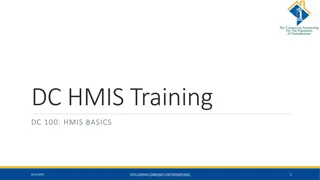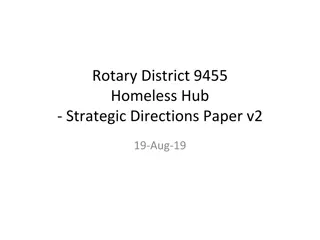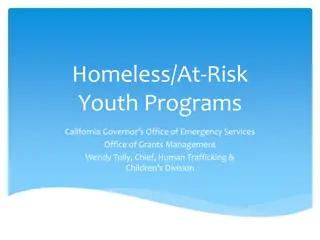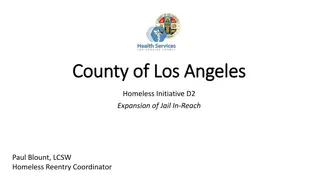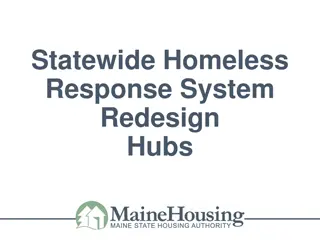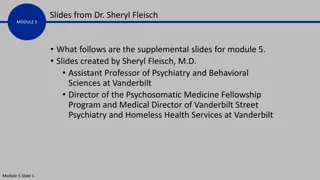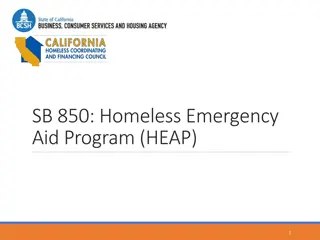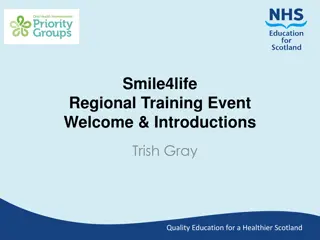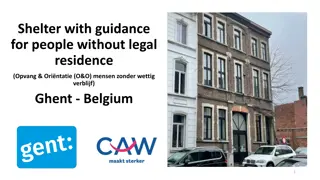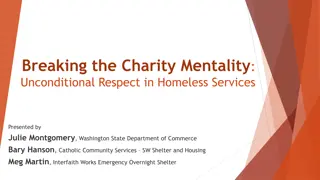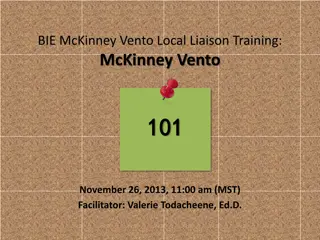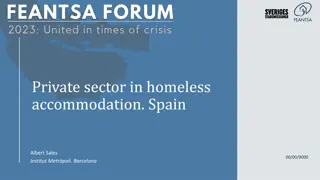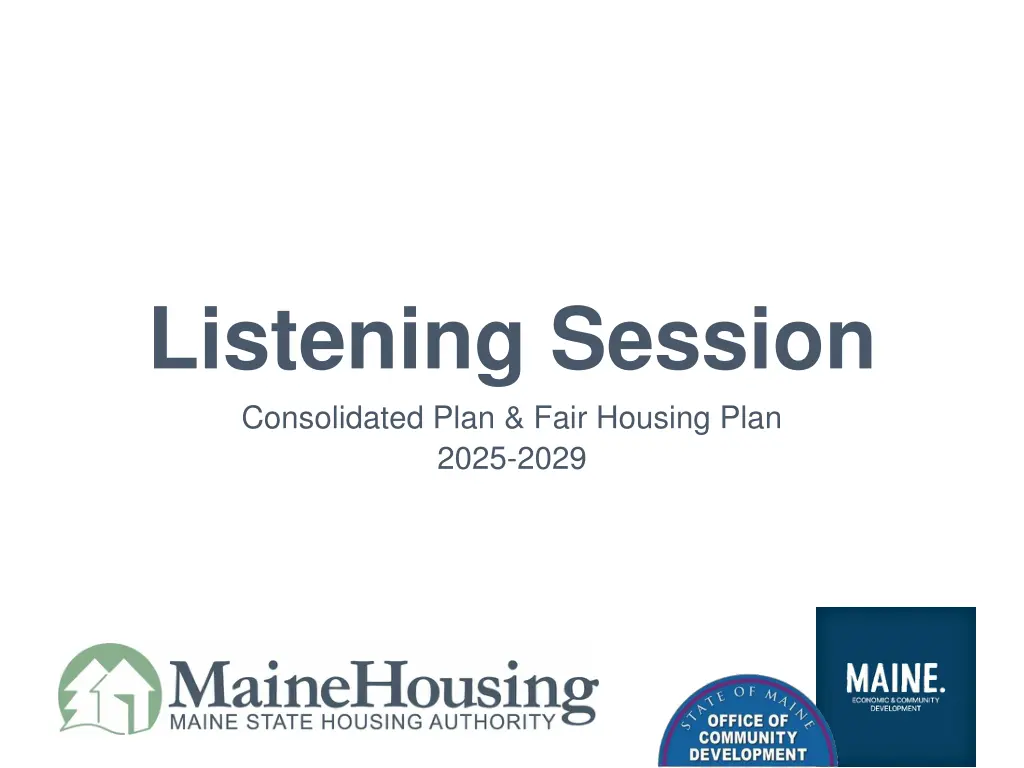
Insights into Maine's 2025-2029 Housing & Community Development Plans
Discover the vital feedback gathered for Maine's 2025-2029 Consolidated Plan and Fair Housing Analysis sessions, aimed at addressing housing needs and ensuring equal housing opportunities. Learn about the purpose and funds allocated for the Consolidated Plan, focusing on affordable housing and community development initiatives. Explore data on housing availability and affordability, highlighting the income required to afford median home prices in Maine. Stay informed on key initiatives shaping housing in Maine.
Download Presentation

Please find below an Image/Link to download the presentation.
The content on the website is provided AS IS for your information and personal use only. It may not be sold, licensed, or shared on other websites without obtaining consent from the author. If you encounter any issues during the download, it is possible that the publisher has removed the file from their server.
You are allowed to download the files provided on this website for personal or commercial use, subject to the condition that they are used lawfully. All files are the property of their respective owners.
The content on the website is provided AS IS for your information and personal use only. It may not be sold, licensed, or shared on other websites without obtaining consent from the author.
E N D
Presentation Transcript
Listening Session Consolidated Plan & Fair Housing Plan 2025-2029
Why are we here today? The feedback from conversations with our community partners about housing in Maine will help inform two important initiatives: 2025 2029 Consolidated Plan for Housing and Community Development, which directs the uses of federal funding Fair Housing Analysis, which identifies obstacles and impediments to equal access to housing opportunity
Consolidated Plan What is the Con Plan? A 5-year planning document required by HUD to help each state Identify affordable housing and community development needs and market conditions; Establish specific goals related to the needs and conditions; and Develop priorities based on the needs and conditions.
What is the purpose of the Con Plan? Supply of Affordable Housing Homeownership opportunity Housing Rehabilitation To increase: Housing and services to those experiencing or at risk of homelessness Public services to low-and moderate- income households and persons with special needs To provide: Public infrastructure Planning and Administration Fair Housing To improve:
Funds allocated through the Con Plan? Fund Administrator Total 2024 Allocation Community Development Block Grant (CDBG) Emergency Solutions Grant Program (ESG) Maine Department of Community Development (DECD) MaineHousing $9,800,000 $1,287,417 HOME Investment Partnership Program (HOME) Housing Trust Fund (HTF) MaineHousing $3,503,849 MaineHousing $2,830,350
Housing Availability and Affordability 120,000 100,000 80,000 60,000 40,000 20,000 0 Median Income Income Needed to afford Median Home Price Vacant/Available Units 20,000 The income needed to support the median home price is at least 20% greater than the median income in every county in Maine. 10,000 0 2012 2017 2022 For Rent For Sale
Maines Population Trend 1,370,000 1,360,000 1,350,000 1,340,000 1,330,000 1,320,000 1,310,000 1,300,000 2012 2013 2014 2015 2016 2017 2018 2019 2020 2021 2022
County population change Whereas the state population increased by 2.8%, some rural counties decreased by as much as 6.3% and southern counties increased by as much as 7.5%.
Homelessness in Maine 2024 Point in Time People in Shelters and Unsheltered 1800 1615 1600 1513 1400 1156 1200 991 1000 1342 1214 765 800 1015 600 827 400 765 200 299 273 164 141 0 2020 2021 2022 2023 2024 Persons Unsheltered Persons in Shelters Total
Fund details: Homeless Funds (ESG/HOME) Nonprofit corporation, member of local Homeless Service Hub Eligibility: Eligible Uses of Funds: Emergency Shelter Operation (maintenance, repairs, rent, security, fuel, equipment, insurance, utilities, food, furnishings, supplies and staff) Rapid Re-Housing Stabilization Services (ESHAP) Tenant-based rental assistance (STEP) Restrictions: Coordinated Entry and HMIS participation requirements
2024 Homeless Funds allocations (ESG/HOME) Amount Funding source ESG Use Goal $643,708 Emergency Overnight Shelter Rapid Re-Housing Stabilization Services (ESHAP) Tenant-based rental assistance (STEP) 5,000 people assisted $643,709 ESG 3,500 total households assisted $1,400,000 HOME
Fund details: Development Funds (HOME/HTF) Eligibility: Qualified developers Eligible Uses of Funds: Multifamily Housing Development (including construction, acquisition, soft costs) HOME: 50-60% AMI affordability (depending on number of units) HTF: 30% AMI affordability Two-year deadline to commit and spend funds Usually paired with special needs vouchers and set asides Restrictions:
2024 Development Funds allocations (HOME/HTF) Amount Funding source HOME Use Goal $2,103,849 95 rental units constructed 10 rental units rehabilitated Multifamily Housing Development under Rental Loan Program $2,830,350 HTF
Con Plan - Discussion Questions 1. Which do you think are Maine s most critical housing needs? Increase supply of Affordable Housing Increase Homeownership Housing Rehabilitation Preservation of Affordable Housing Rental Assistance 2. What are the greatest barriers to increased housing production? 3. What supports, resources, policy changes or practices are most needed to address homelessness?
What is Affirmatively Furthering Fair Housing (AFFH) ? Agencies administering HUD programs must certify that they will, as participants, act to: Address significant disparities in housing needs and in access to opportunity; Replace segregated living patterns with truly integrated and balanced living patterns; and Foster and maintain compliance with civil rights and fair housing laws. HUD requires participating agencies to perform Fair Housing Analysis of Impediments identifying housing opportunity barriers.
Fair Housing Analysis - process 1. Steps: Identify fair housing issues Develop a plan to address them, including goals to eliminate discrimination, segregation and disparities 2. Required considerations: Housing laws, regulations, and policies Availability of affordable, accessible housing in a range of unit sizes Housing opportunity restrictions based on race, color, age, religion, sex, sexual orientation, disability, familial status, ancestry or national origin (Maine identified protected classes)
Fair Housing Data Disability, by Age In Maine 15.8% of individuals have one or more disabilities. 0.2% Under 5 years 6.8% 5 to 17 years 24.0% 13.3% 18 to 34 years 42% of Fair Housing complaints received by the Maine Human Rights Commission regard disability discrimination. 35 to 64 years 65 to 74 years 18.5% 37.3% 75 years and over
Fair Housing Analysis - Impediments Identified in 2019 Lack of Affordable Housing Racial, ethnic and cultural barriers Planning/zoning decisions that impede housing access for disabled individuals Lack of availability and access to housing for disabled individuals Limited access to neighborhood opportunities and community assets Lack of understanding of fair housing and affirmatively furthering fair housing
Fair Housing Analysis - MaineHousing Actions 2020-2024 Increased affordable housing development and preservation Increased homebuyer affordability (lower interest rate, down payment assistance, and education components) Cultural outreach for program participation Distribution of data, programs and affordable housing information Landlord incentivization for Housing Choice Voucher Program participation Implementing Fair Housing education and trainings
Fair Housing Analysis - Discussion Questions 1. What populations do you think have the highest need for housing in Maine? Older Adults Chronically Homeless Persons with Disabilities Minorities Non-citizens Larger families (5 or more persons) Very low income (under 30% AMI) Low to moderate income (51%-80%) 2. What are the impediments you see to Fair Housing?
Con Plan and Fair Housing Analysis Next Steps Listening Sessions June 11, 2024 through August 10, 2024 Public Hearing August 8, 2024 Plan Drafting August 13, 2024 October 12, 2024 30 Day Comment Period October 2024 Public Hearing on Draft Plans November 2024 Submission to HUD After 2025 Allocations announcement
Written Comments Maine State Housing Authority Attn: Compliance Officer II 26 Edison Drive Augusta, ME 04330-6046 207-626-4600, 1-800-452-4668 Maine Relay 711 PublicComment@MaineHousing.org Department of Economic and Community Development Attn: Director, Office of Community Development DECD 111 Sewall Street Augusta, ME 04333 207-624-9817

